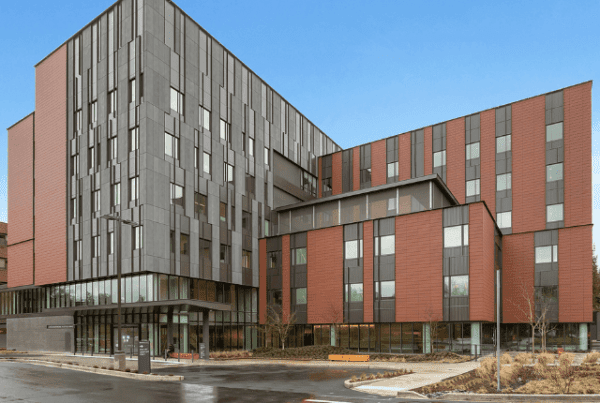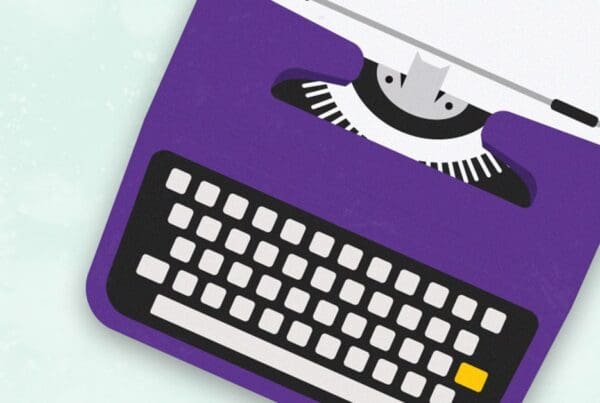QUICK READ:
- More than 9 million people identify as American Indian or Alaska Native in the United States.
- The UW School of Medicine is a national leader in training medical students to serve Native American communities.
- UW Medicine is working to eliminate the health disparities that persist in Native American communities.
During Native American Heritage Month, we recognize the rich and diverse cultures of our staff, faculty, trainees and students from American Indian and Alaska Native communities. We also have an opportunity to learn about their challenges and the need for culturally appropriate healthcare to help eliminate health disparities.
Cultural Observance Plans: UW Medicine held ceremonies today to raise our heritage month flag at our hospital campuses. Later in the month, we will have profiles on The Huddle of faculty and staff, who will share their insights on their cultures and how we can become stronger allies to their communities. The Huddle also has resources that you can use as part of your work at UW Medicine, including a land acknowledgment, an email signature with a medicine wheel, a poster and a Zoom background.
Indian Health Pathway: The UW School of Medicine has been a national leader in training medical students to serve Native American communities since 1992 when the Native American Center of Excellence, now known as the Indian Health Pathway, was established. This pathway promotes a culturally relevant curriculum by teaching medical students about the history of Indian Health, providing experiences at Tribal and Urban Indian Health clinics, and encouraging research on Native American health disparities and how to integrate a patient’s traditional cultural and spiritual needs into their healthcare.
Health Disparities: Based on the 2020 U.S. Census, more than 9 million people, or about 2.9% of the total U.S. population, identify as American Indian or Alaska Native either as their single race or in combination with other races. Due to a variety of factors, including poverty, discrimination and cultural differences, many Native Americans have lower health status when compared to other races or ethnic groups. Similarly, the Centers for Disease Control and Prevention reported a disproportionate number of COVID-19 cases and deaths in Native American communities when the pandemic began in 2020.
At UW Medicine, we believe that healthcare is a fundamental human right, and everyone should have the same access and opportunities for the best possible outcomes. Along with the ongoing work of the Office of Healthcare Equity to eliminate health inequities through workforce development, community outreach, quality improvement and research, our cultural observances help us celebrate our progress and recommit to our goals for healthcare justice.
Please join us in celebrating Native American Heritage Month and thank you for helping to make UW Medicine a health system that is welcoming to every member of our community.
Sincerely,
Timothy H. Dellit, MD
Interim CEO, UW Medicine
Interim Executive Vice President for Medical Affairs and
Interim Dean of the School of Medicine,
University of Washington
Paula L. Houston, EdD
Chief Equity Officer
Office of Healthcare Equity, UW Medicine
Associate Vice President for Medical Affairs
University of Washington

